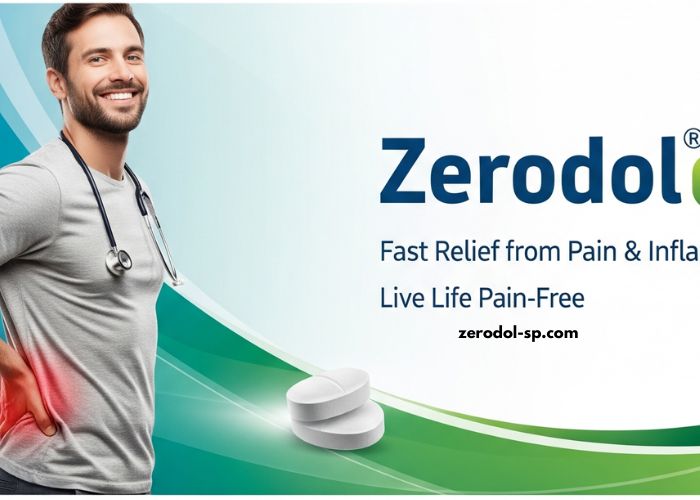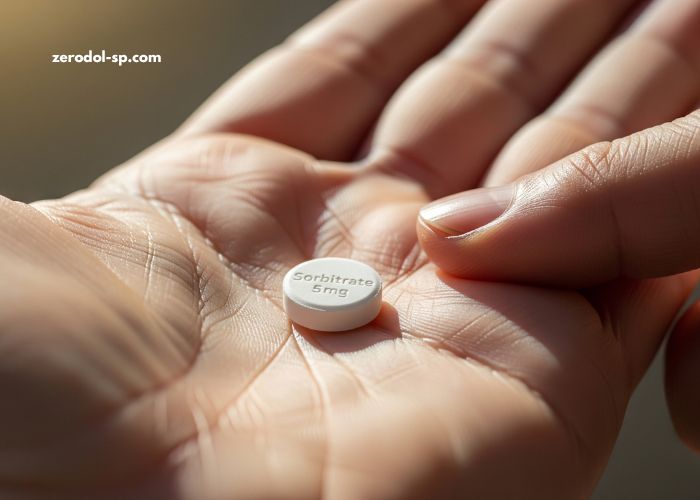Medicine is more than a collection of pills or a series of prescriptions—it is a story of human ingenuity, progress, and endless possibilities. From ancient herbal remedies to cutting-edge gene therapies, the journey of medicine reflects our constant battle against disease and our commitment to improving human life.
In this article, we explore the fascinating evolution of medicine, major breakthroughs that shaped healthcare, and what the future holds for this life-saving field.
The Origins of Medicine: Healing in Ancient Times
Long before hospitals and pharmacies, medicine was deeply rooted in nature and spirituality. Ancient civilizations developed healing practices based on observation, trial, and tradition.
Traditional Remedies and Herbal Cures
-
Ancient Egypt: Papyrus scrolls describe surgeries and herbal medicine.
-
China: Traditional Chinese Medicine (TCM), including acupuncture and herbalism, dates back over 2,000 years.
-
India: Ayurveda, one of the world’s oldest healing systems, focused on balancing body, mind, and spirit.
These early practices, though often lacking scientific backing, laid the foundation for modern pharmacology.
The Middle Ages to the Enlightenment: The Emergence of Medical Science
The medieval period was a time of slow progress due to religious constraints and limited knowledge. However, by the 16th and 17th centuries, curiosity and scientific thought began to flourish.
Important Milestones
-
Anatomy and Dissection: Figures like Andreas Vesalius revolutionized human anatomy studies.
-
The Microscope: Antonie van Leeuwenhoek’s invention opened new windows into the microscopic world.
-
Smallpox Vaccine: Edward Jenner developed the first successful vaccine in 1796, a breakthrough in preventive medicine.
This era transitioned medicine from mysticism to method, laying the groundwork for future innovations.
The 19th and 20th Centuries: Medicine as We Know It
With the Industrial Revolution came rapid advancements in medical technology, diagnostics, and pharmacology.
The Rise of Modern Pharmaceuticals
The discovery of chemical compounds that could target specific diseases changed the game:
-
Aspirin: Commercialized by Bayer in 1899, it remains a staple.
-
Antibiotics: Alexander Fleming’s discovery of penicillin in 1928 saved millions of lives.
-
Insulin: Isolated in the 1920s, it transformed diabetes from a fatal disease to a manageable one.
The Birth of Clinical Trials
To ensure safety and efficacy, medicine began to embrace scientific rigor. Clinical trials became standard, and the role of regulatory bodies like the FDA grew more crucial.
The Pill: A Revolution in a Capsule
The development of the oral contraceptive pill in the 1960s was more than a medical breakthrough—it was a social revolution. It gave women unprecedented control over their reproductive health and inspired further research into hormone-based treatments.
Other pills, such as antidepressants, statins, and antiretrovirals, have since changed the landscape of public health and chronic disease management.
Progress in Personalized Medicine and Biotechnology
Today’s medicine is smarter, faster, and more personal than ever.
Genomics and Precision Medicine
By analyzing a patient’s genetic makeup, doctors can now offer targeted therapies tailored to individual needs. For example:
-
Cancer Treatment: Drugs like Herceptin work best in patients with specific genetic markers.
-
Pharmacogenomics: Predicts how individuals respond to medications, minimizing side effects and enhancing outcomes.
Biotechnology Innovations
From CRISPR gene editing to mRNA vaccines like those developed for COVID-19, biotech is pushing the boundaries of what medicine can achieve.
Telemedicine and Digital Health: The New Frontier
Technology is changing how medicine is accessed and delivered:
-
Teleconsultations offer convenience and safety, especially in remote areas.
-
Wearable devices monitor vital signs in real-time.
-
AI and machine learning assist in diagnosis, drug discovery, and treatment planning.
These advancements not only improve efficiency but also expand access to quality healthcare globally.
The Global Challenge: Making Medicine Equitable
Despite all progress, access to medicine remains unequal.
-
Affordability: High costs of certain treatments and medications limit availability in low-income nations.
-
Healthcare infrastructure: In many parts of the world, the lack of trained professionals and basic facilities hinders treatment.
Global health organizations continue working toward universal health coverage and equitable access to essential medicines.
The Possibilities Ahead: Future of Medicine
What lies ahead is both exciting and complex. Some predictions include:
-
Regenerative Medicine: Using stem cells to repair damaged tissues.
-
Nanomedicine: Targeted drug delivery at the cellular level.
-
AI-Powered Diagnostics: Real-time, algorithm-driven decision support for doctors.
Ethical questions about data privacy, genetic modification, and human enhancement will also shape the future discourse of medicine.
Frequently Asked Questions (FAQs)
Q1: What is the origin of modern medicine?
Modern medicine began to take shape during the Enlightenment (17th–18th century), when scientific research, dissection, and clinical observation became more prominent. This period marked the transition from traditional remedies to evidence-based medical practices.
Q2: What are the most significant medical breakthroughs in history?
Some of the most transformative medical breakthroughs include:
-
The development of vaccines (smallpox, polio, COVID-19)
-
Discovery of antibiotics (penicillin)
-
Creation of insulin for diabetes
-
Organ transplantation and artificial organs
-
Mapping the human genome
Q3: What is personalized or precision medicine?
Personalized medicine uses genetic, environmental, and lifestyle data to tailor medical care to individual patients. It aims to maximize treatment effectiveness and minimize side effects.
Q4: How is technology changing healthcare?
Technology is revolutionizing medicine through:
-
Telemedicine
-
AI-assisted diagnostics
-
Robotic surgeries
-
Health-tracking devices
-
Electronic health records (EHRs)
These innovations are improving patient care, lowering costs, and expanding healthcare access.
Q5: Will AI replace doctors in the future?
While AI is a powerful tool for diagnosis and data analysis, it cannot replace the human empathy, ethical judgment, and complex decision-making of medical professionals. Instead, AI will serve as an assistant to improve accuracy and efficiency.
Conclusion
From primitive herbs to smart pills, and from trial-and-error remedies to targeted gene therapy, the story of medicine is one of relentless progress and infinite potential. Each breakthrough reflects our desire to heal, help, and improve the human condition.
As we stand on the edge of unprecedented medical innovation, one thing is clear: the future of medicine holds vast possibilities, and with careful stewardship, it can deliver better health for all.





